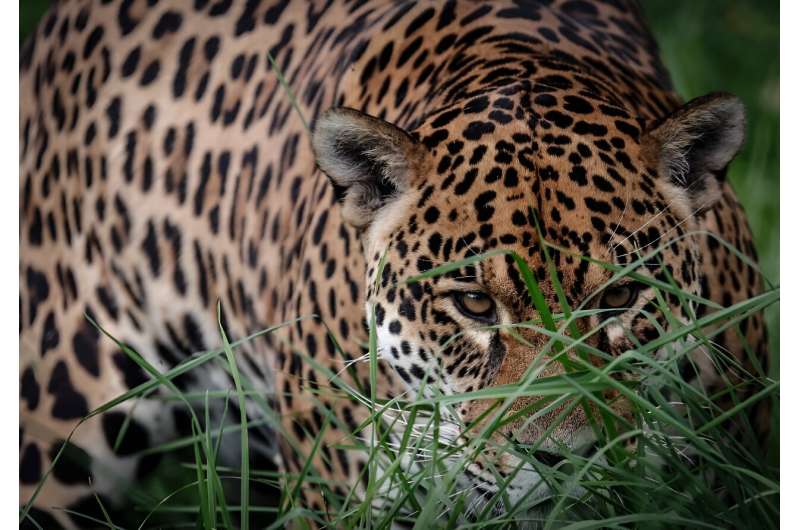A landmark report by the World Wide Fund for Nature (WWF) reveals a staggering 73% decline in wild animal populations since 1970. This crisis, driven by human activity, threatens the delicate balance of ecosystems and the very foundations of our own existence. Urgent action is needed to address the interconnected challenges of climate change and biodiversity loss.

The Alarming Decline in Wildlife Populations
The latest edition of the WWF Living Planet Index paints a concerning picture of the state of our planet’s wildlife. The report, which features data from 35,000 populations of more than 5,000 species, reveals that wild animal populations have plummeted by an average of 73% since 1970. This alarming trend is particularly pronounced in biodiversity-rich regions like Latin America and the Caribbean, where the figure reaches a staggering 95%.
The report highlights that habitat degradation and loss, driven primarily by our unsustainable food system, are the most significant threats to these populations. Overexploitation, invasive species, and disease also contribute to the decline. Additionally, climate change and pollution pose significant challenges, particularly in regions like North America, Asia, and the Pacific.
The Interconnected Crises of Climate Change and Biodiversity Loss
The WWF report emphasizes that the crises of climate change and biodiversity loss are deeply interconnected. As habitats are destroyed, species are forced to adapt or face extinction. This, in turn, disrupts the delicate balance of ecosystems, reducing their ability to mitigate the effects of climate change.
The report cites the example of deforestation in the Amazon, which could potentially shift this critical ecosystem from a carbon sink to a carbon source. This would have devastating consequences for the global climate and the countless species that call the Amazon home. The report warns that these tipping points could lead to irreversible changes, with devastating consequences for humanity.
The Urgent Need for Comprehensive and Coordinated Action
The WWF report serves as a wake-up call for the global community, highlighting the urgent need for comprehensive and coordinated action to address the interconnected crises of climate change and biodiversity loss. The report notes that some populations have stabilized or even expanded due to conservation efforts and the reintroduction of species, such as the European bison.
However, the report emphasizes that we are not yet past the point of no return. The recent breakthrough pact at the last UN meeting on biodiversity, which aims to protect 30% of the planet by 2030, offers hope. But the report warns that these agreements have checkpoints in 2030 that are in danger of being missed without immediate and decisive action.
Individuals, governments, and the private sector must work together to implement sustainable practices, protect and restore natural habitats, and transition to a more environmentally-friendly food system. Only through a holistic and collaborative approach can we hope to reverse the alarming decline in wildlife populations and secure a sustainable future for our planet and all its inhabitants.
